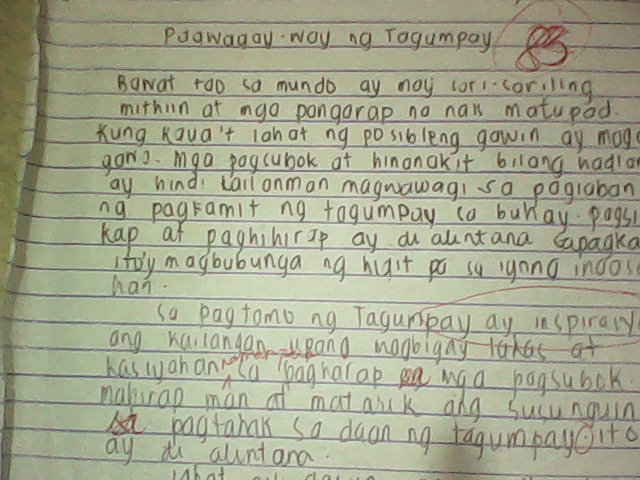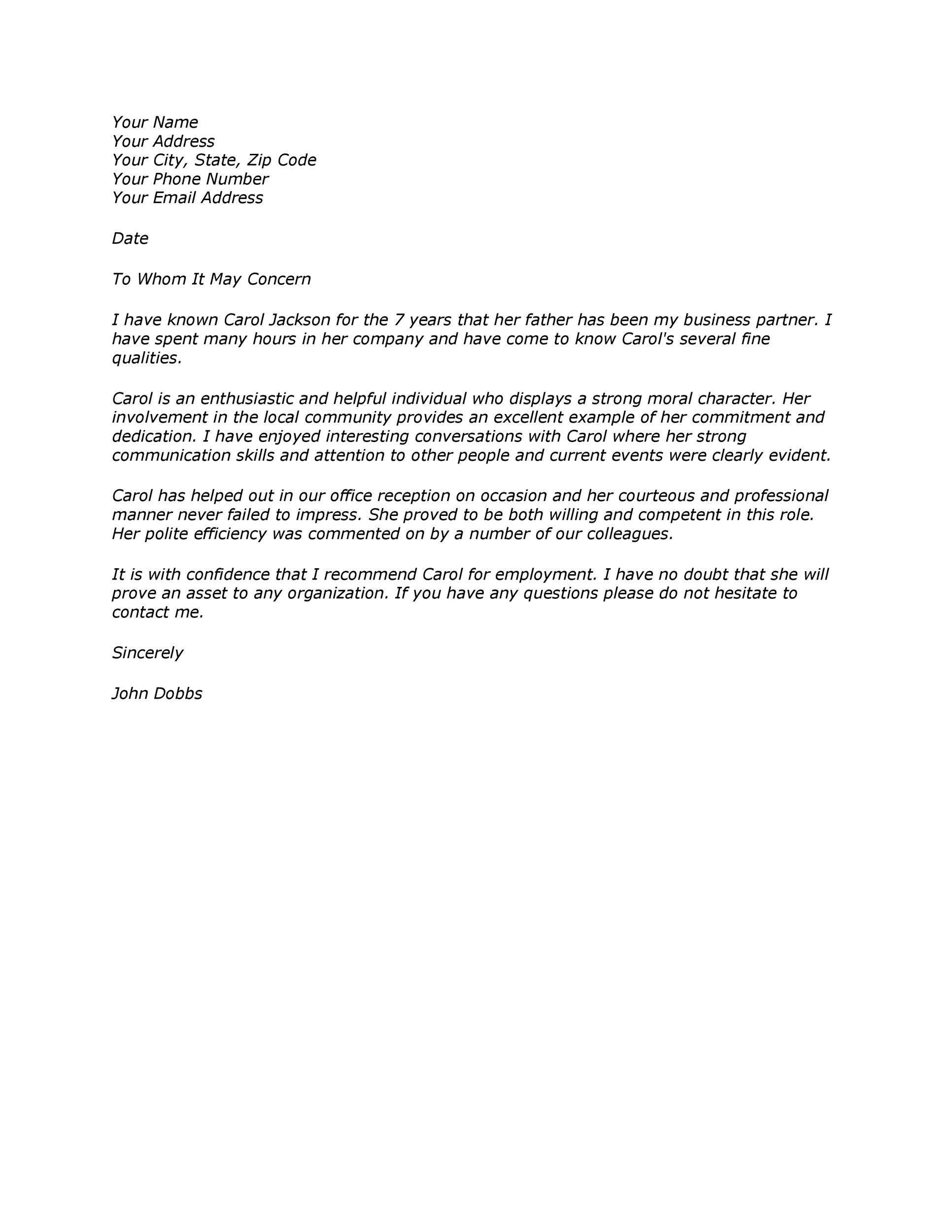The Influence Of Rav Soloveitchik: The Ravs Influence On.
Confrontation, perhaps Rabbi Soloveitchik’s most controversial essay, was written in 1964 while the Second Vatican Council was in session, a year before the publication of Nostra Aetate, the Catholic document that began the process of redefining the Church’s attitude to Jews and Judaism.
Rav Soloveitchik: The Ravs influence on American Jewry Yosef Serkez American Jewish History Professor Theodore Lauer January 6, 2017 When we speak of great american Jews the conversation would not be complete without including Joseph B. Soloveitchik. There have been a great number of people who have.

Forty years ago this winter, Rabbi Soloveitchik delivered an essay titled “Confrontation” at the 1964 Mid-Winter Conference of the Rabbinic Council of America, addressing the question of how his community should respond to requests by Christians to enter into dialogue.

The Rav’s father, Rav Moshe Soloveitchik, began his main rabbinic career as the community rabbi of the town of Khislavichi, where the Jewish population was mostly Lubavitch. The Russian revolution changed Jewish life irreparably. Communism engendered a deep hatred of tradition and religion.

The Lonely Man of Faith is a philosophical essay written by Rabbi Joseph B. Soloveitchik, first published in the summer 1965 issue of Tradition, and published in a newly revised edition in 2011 by Koren Publishers Jerusalem.

Rav Soloveitchik and Torah U-Madda Posted by: Gil Student in Legacy, Posts Feb 8, 08 0 Last year, Yeshiva College’s undergraduate newspaper, The Commentator, hosted a series of recollections about R. Joseph B. Soloveitchik (the Rav) by his students and those who knew him.

Buy Confrontation and Other Essays (Maggid World Classics) by Joseph B. Soloveitchik (ISBN: 9781592644117) from Amazon's Book Store. Everyday low prices and free delivery on eligible orders.

Halakhic Morality: Essays on Ethics and Masorah. In this volume’s opening essay, Rabbi Soloveitchik writes: Nowadays a basic investigation of morality and ethos would be of great importance. There is a crying need for clarification of many practical problems, both in the individual-private and in the social-ethical realms.

It is the former who provokes the Rav’s criticism. Consider Rabbi Soloveitchik’s rejection of speculative attempts to understand evil. Job, as described in the Rav’s most well-known essay on Zionism, is initially described as a philosopher, condemned as a “slave of fate.”.

Buy Family Redeemed: Essays on Family Relationships (Meotzar HoRav) by Joseph B. Soloveitchik, David Shatz, Joel B. Wolowelsky (ISBN: 9780881257953) from Amazon's Book Store. Everyday low prices and free delivery on eligible orders.

Rav Soloveitchik on Insincere Conversion Posted by: Gil Student in Legacy, Posts Jun 9, 11 125 Comments The acceptable parameters for conversion to Judaism have occupied the community’s imagination for the past few years, with scholars arguing whether there is any room to convert someone who has no intention to observe Jewish law.

Rav Soloveitchik’s The Lonely Man of Faith in Contemporary Modern Orthodox Jewish Thought. Lawrence Kaplan. McGill University. Of the four major essays of Rav Soloveitchik, the two English essays, The Lonely Man of Faith and Halakhic Mind, and the two Hebrew essays, Ish ha-Halakhah (Halakhic Man) and U-Viqqashtem mi-Sham, certainly the most popular is The Lonely Man of Faith.

Religion or halakha: the philosophy of Rabbi Joseph B. Soloveitchik by Dov Schwartz ( ); Jewish thought in dialogue: essays on thinkers, theologies, and moral theories by David Shatz ( ); From phenomenology to existentialism: the philosophy of Rabbi Joseph B. Soloveitchik by Dov Schwartz ( ).



